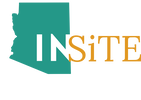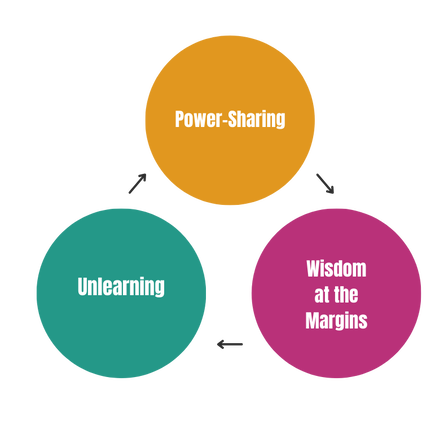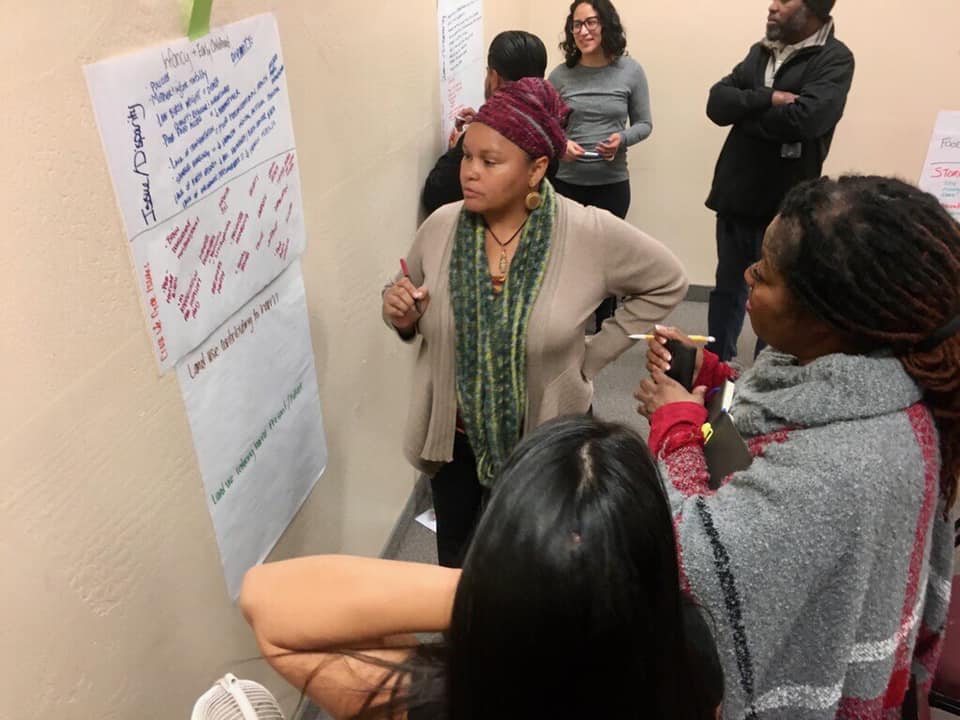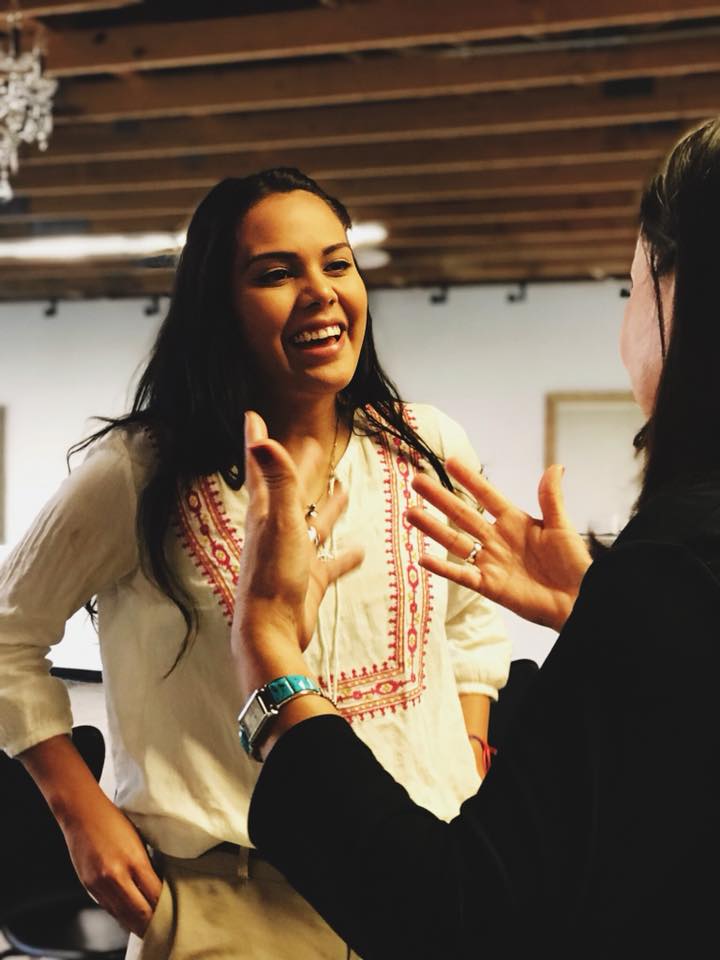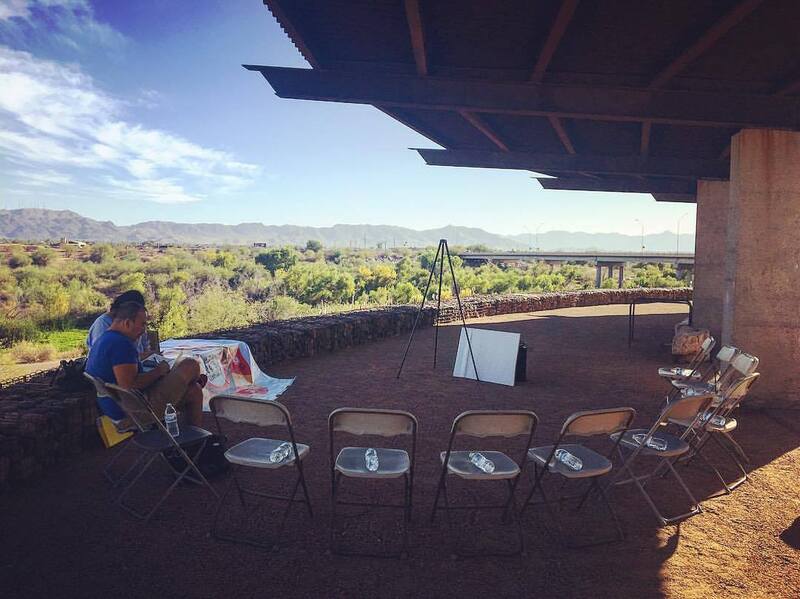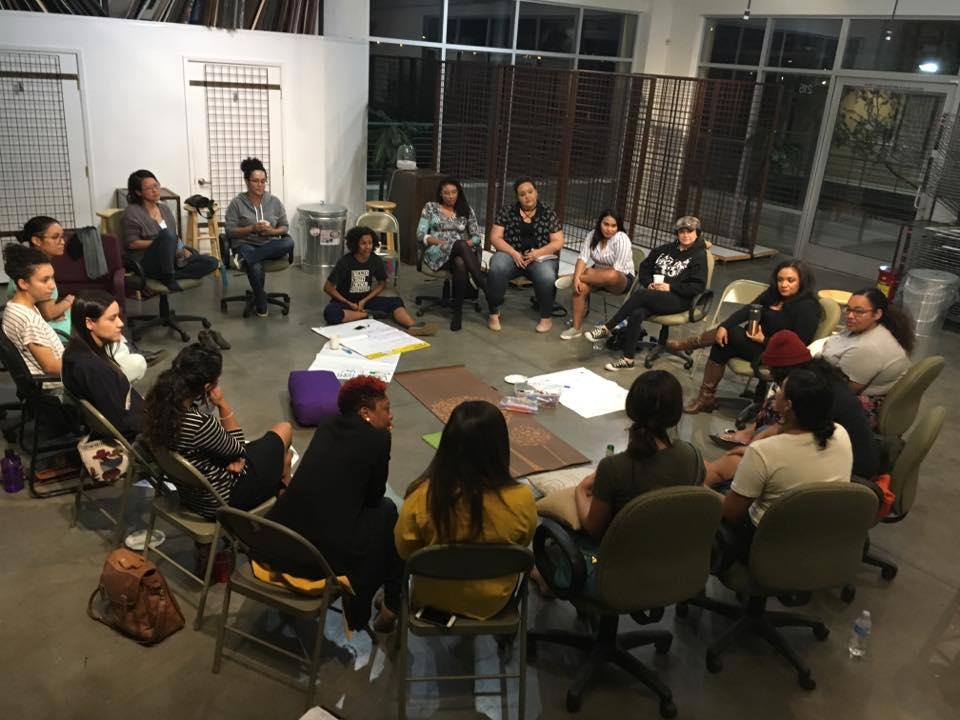Our work builds on the theories and practices of Black Queer Feminist organizers, mothers, scholars, and activists. We design our theory of change, pedagogy and tools as an aspiration to the ideals and future they have set before us. We are multi-racial group of facilitators, organizers, and teachers with over 25 years of combine experience in racial justice and institutional organizing. We root the conversation and our practice in a power-analysis, and help participants develop of a critique of current power structures, while offering creative ways to shift power to serve multiple constituencies. Our belief is that power-sharing is the key to equitable outcomes. We support participants to understand how they hold power and how to share power with communities most impacted by disparity.
|
UNLEARNING
Unlearning is a key part of our reflective practice and is an ongoing method of self and social examination of the faulty-core beliefs. We advocate four ways to unlearn: Believing, Identifying, Source, Ideology. Commitment to believing “What if it’s true?” when we experience something that does not resonate with our own understanding of the world regarding race, gender, sexuality, and ability. Unlearning uproots faulty learnings and allows space for re-learning, new learning, and growth. |
POWER ANALYSIS
At InSite, we say, "Diversity addresses lack representation, and equity addresses power imbalances." Our work seeks to understand the ways that power operates to limit the agency of vulnerable communities. We engage in an ongoing analysis of power to support community members to harness their agency, and to help institutions and organizations understand authentic methods and opportunities for power-sharing. |
WISDOM AT THE MARGINS
Core to our work is the belief that those most impacted by disparity offer invaluable wisdom and insight to expand our understanding of how to engage with difficult social issues. Their lived experience and “frontlines” knowledge reveal nuances that must lead to equitable outcomes. Our practice positions community members and organizers as key partners and trainers to reimagine equitable civic engagement. |
